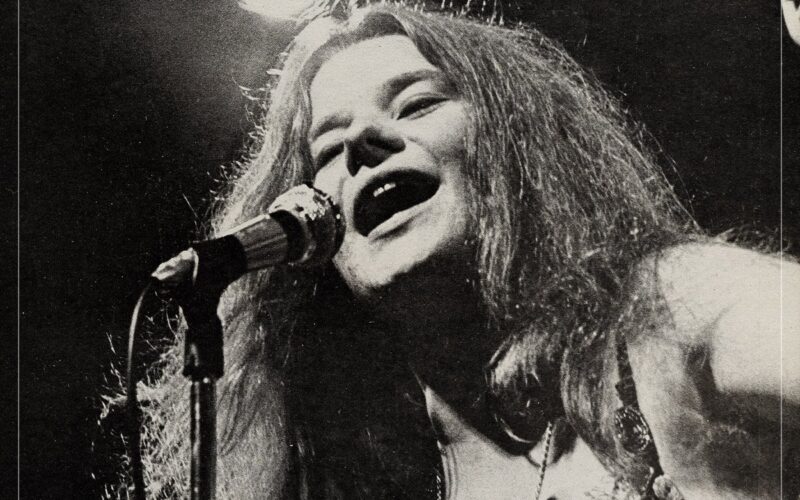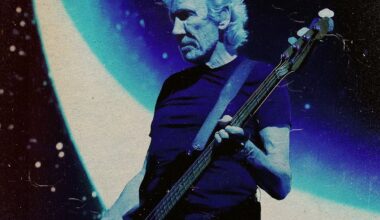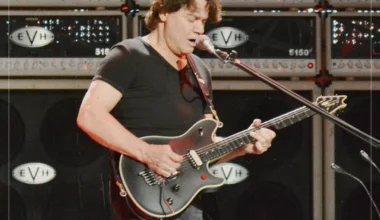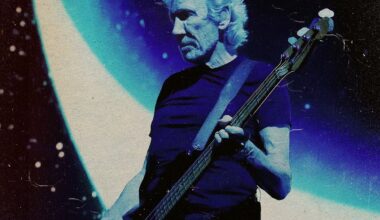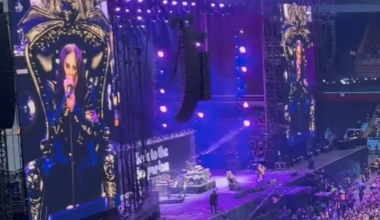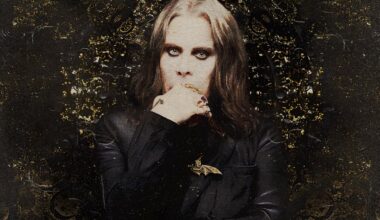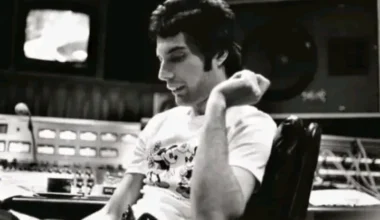Whenever a new generation of music fans emerges, there’s always the wonderment of what it would have been like to see the heroes of yesteryear play. I, too, experienced that hunger, which, in recent years, I’ve tried to satiate. I’ve seen Paul McCartney whenever I could and have also ticked Neil Young off my list. But there are certain icons I will never see, for the saddest of circumstances and at the top of that list is Janis Joplin.
She epitomises the mythology of music’s historic eras. As free-spirited as any 1960s musician should be and as soulful as someone devoid of modern trappings, she embodied the purity of music. The simple play of her record puts me into a state of nostalgia-driven envy, wondering like a fool at what those heady days of ‘60s free love were really like.
A feeling worsened when I listen to any live record of Joplin. Her voice is just as dynamic, but seasoned with the sort of emotional unpredictability that laces live shows. She defied logic, small in stature but powerful in delivery, taking inspiration from blues greats before her.
“I began listening to blues and folk music,” she explained, “I bought Bessie Smith and Odetta records, and one night, I was at this party and I did an imitation of Odetta. I’d never sung before, and I came out with this huge voice.”
All the while, her melodies would soar over the bustling atmosphere of a live crowd who—even though not visible on a live recording—feel palpably locked in to the greatness they are witnessing.
A point put best by Stevie Nicks, an artist who cites Joplin as her biggest inspiration. She said, “Janis Joplin had a connection with the audience that I had not seen before, and when she left the stage, I knew that a little bit of my destiny had changed. I would search to find that connection that I had seen between Janis and her audience. In a blink of an eye, she changed my life.”
Those lightning-in-a-bottle moments of ‘60s spirituality and musicianship are what she made her name on, and, for that sole reason, she tops the list of artists I wish I could have seen. Through various live albums of Joplin, it becomes clear exactly what I missed out on. On Live At Winterland ’68 and Live at the Carousel Ballroom 1968 she was undoubtedly at her spontaneous best, missing notes before rectifying them with outrageous ad-libs.
But it was an album released two years after her death in 1972 that crystallised just what a talent the world was robbed of. A selection of her greatest live performances was compiled into one record, displaying every interesting corner of her vocal range.
The way in which her voice combines with Big Brother and the Holding Company and Full Tilt Boogie Band proves she wasn’t just a powerhouse vocalist wilfully thrown in with a group. She deeply understood melody, how to exist inside the pockets of groove, and how to pour emotion over the top of any composition. It was, truly, a master at work.
